‘My work depended on celebrities gathering in large groups’
Laura Jones, above, is a red-carpet stylist and founder of ethical fashion site The Frontlash. She returned to Sydney from New York a couple of months ago
“I had a really busy year planned – one of those great years where I was working with clients I like on projects I enjoy. For example, I was working with [Succession star] Sarah Snook and Rebecca Hall on a bunch of red-carpet campaigns – Rebecca had three films out this year, and I was in the middle of prepping for all these great events, like premieres and the Emmys.
But when (Governor) Cuomo put New York into lockdown in March, everything stopped. All the designers were scrambling to get their samples back but it was really difficult as no one could leave their home, even to go to their office or studio. In fact, I still have designer dress samples hanging at home.
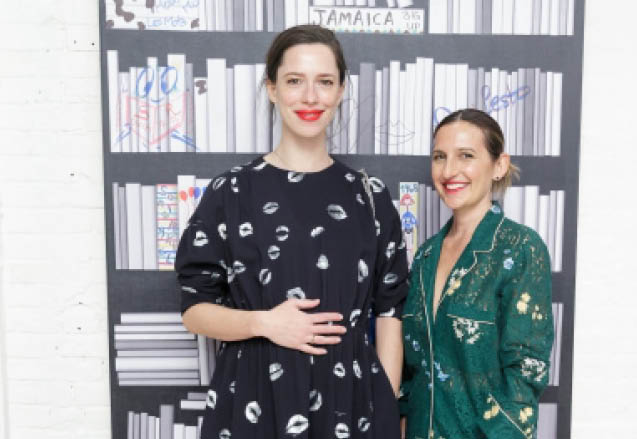

It was disappointing, and also scary. My husband directs live events so, basically, both of our jobs depended on celebrities gathering in large groups. Luckily, he was able to keep working as his events transferred online.
But it isn’t great for our family that I’m not working, and it isn’t great for me – I’ve never been without a job. I was back on the red-carpet trail six weeks after having my baby. We were lucky to have options, though. I worry about a lot of my freelance friends; photographers have been able to license their images, but stylists and hair and make-up artists just don’t have work.
But more than my job, I was worried about how the US would survive under the strain of a pandemic. Even back in March, my instincts were telling me that Australia would be a better place for us, but it was difficult to secure visas and flights. My daughter and I eventually managed to get home in August, and my husband joined us this month.
I’m lucky to have consulting work and The Frontlash, and I’ve also started writing a book about how creatives can get more involved with causes they care about. Celebrities are still doing publicity, through interviews, but a lot of releases have been delayed, and there are limited opportunities for styling.”
‘There are no jobs in aviation anymore’
Belinda Noble was a Qantas pilot for 13 years before moving to Virgin as a trainer. After losing her job in March, she now works as a real estate agent
“For the last five years, I worked for Virgin, training Tiger pilots on 737s. In March, I was just about to sign on the dotted line to be manager of ground training when Covid forced the closure of Tiger, and my job had gone.
Everyone was devastated – I remember arriving at work the morning that flights were suspended to find everyone crying. One flight attendant was married to a pilot, and they’d both lost their jobs. Aviation is very close-knit because you spend so much time together. It also takes someone in the industry to understand the stress you can be under, the lifestyle and also, sometimes, the loneliness.
Of course, I had some incredible, pinch-me moments as a pilot. I remember one flight to South Africa with my mum onboard, when we flew really far south and we could see the ice caps. On the way back, we saw the southern lights, like a champagne curtain of colour. And I thought, How lucky am I to have had these experiences?
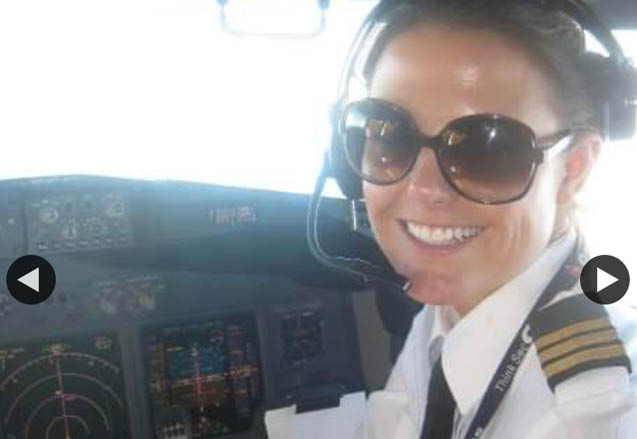

But also think I wasn’t as attached to aviation as I used to be. Perhaps I stayed in it because I was afraid of leaving, and because I was good at my job. But it is a volatile industry and my husband is a pilot, too. Both of us being exposed to that volatility wasn’t good for the family. And all the airlines have been affected by the pandemic. There just aren’t any jobs in aviation anymore.
So Covid-19 was the catalyst for me to make a decision about my career. I’ve always loved real estate and so I decided to get my licence. The course is very affordable and quick, and I figured that if I didn’t like it I wouldn’t have wasted too much time.
I was lucky to get a job very quickly in my local area – and I love it. I love my team and my working environment; I enjoy social interaction and being on the move, and real estate gives me that. My friends joke I’ll go back to aviation one day, but I don’t think I ever will.”
‘There are no senior roles in hotels for me’
At the start of this year, Stacey Plaine, 31, was working in the Maldives for Marriott. With international tourism stalled, she now works for a marketing agency
“In January this year, I caught a flight back from the Maldives, where I’d been working on the opening of a new Marriott resort, to my home town of Brisbane. There were a few people wearing masks on the plane but I didn’t get the sense there was anything to worry about.
The Marriott role was the pinnacle of what had been a really successful few years for me. After university, I’d started working for the company in Brisbane, before being transferred to a newly refurbished Marriott property in Mayfair, London, which really marked a move for me into the luxury sphere. I travelled loads, and I specialised in restaurants and bars, helping rebrand and reposition them, working with lots of amazing people. It was a great period of my life.
But after six years overseas, I wanted to head back to Australia. I was craving the relaxed lifestyle – you know, weekends at the beach, healthy living. So when the Maldives contract finished, I was recruited as director of marketing for the Howard Smith Wharf precinct in Brisbane. I was super excited; I thought I could start looking at houses, get my feet on the ground. Then Covid hit.
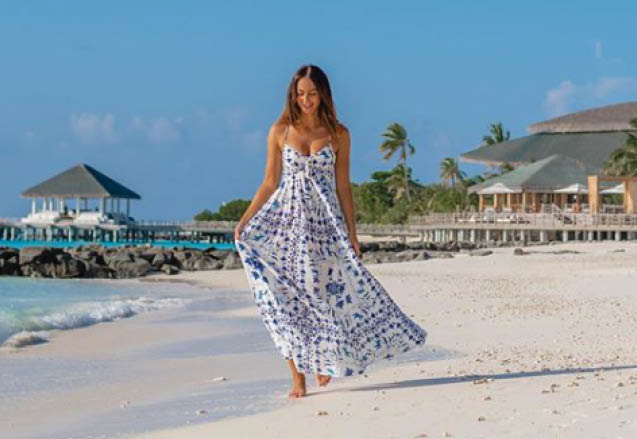

After just two weeks in my new role, I was made redundant. I felt like my world had come crashing down. I moved in with my brother as a precaution, because I didn’t know how long lockdown would last.
Psychologically, it was difficult, as I’d always had a job – I’d worked since I was 14 – and I started to wonder if I’d left Europe too soon, thinking the grass was greener. But then I decided I’d made the decision and I needed to make it work.
I set up a business, started getting requests from companies who wanted to spend money on marketing during Covid, and then I was offered a job as head of marketing at an agency. I’m learning so much, and I think it will be great for my career to have this different skill set.
I love hospitality but the sector has taken such a hit due to the lack of international travel. The Marriott in Brisbane is closed; the hotel I spoke to yesterday is closed until February next year. That was a reality check for me, that this isn’t a short-term thing. Even though I love hotels there is no way that a senior role is going to come up.”
‘I felt relieved to be made redundant’
Lulu Dougherty, 51, had worked in magazine publishing for 15 years when she was made redundant in early May. Now, she’s turning her side-hustle making quilts into a business called Molly and Elliot
“The last two or three years at work were really stressful. I was managing editor of InStyle and marie claire, and my job was to ensure the production of the magazines ran smoothly. But there was very little money invested in the titles, people were leaving and weren’t being replaced, and morale was low. I felt as if I was asking people to produce work while knowing that it was going to almost impossible for them to do it – they were already working round the clock.
Even so, I don’t think I realised that the magazine industry was failing until I was made redundant, along with the entire staff of InStyle, in early May. Bauer Media had taken over Pacific Magazines on the Friday; the following Monday we were all summoned to a Zoom meeting where the CEO, Brendan Hill, told us there were going to be more staff changes. Even during the meeting, people were getting emails from HR.
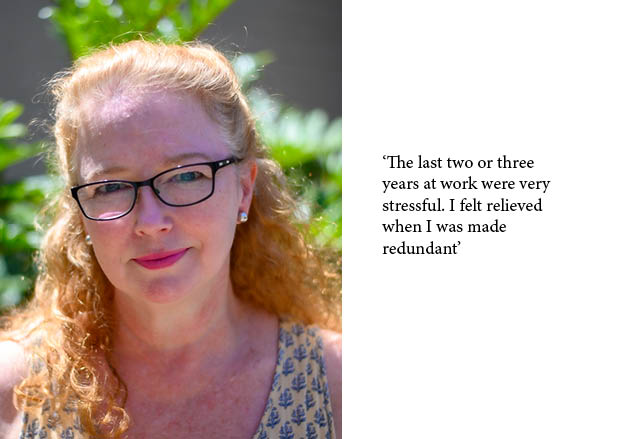

To be honest, I felt relieved when I was made redundant – I felt a cloud had lifted, as work had been so tough. I think it helped, in a way, that the whole team had lost their jobs, only because it meant the redundancy wasn’t a reflection of my performance. I think Covid-19 and the decline of advertising revenue, and magazine sales, created a perfect storm for the industry – although I also think coronavirus provided Bauer with an excuse to close magazines.
I loved my job, because it gave me confidence in myself. In some ways, the role pushed me out of my comfort zone (I’m not pushy in my personal life), but it also enabled me to be myself. A lot of people expect everyone in magazines to be incredibly fashionable – and some are – but most of us were just accepted for who we were.
Now, I’m enjoying working creatively on my quilts. I’m doing a book-keeping course and looking for other work, too, as I need to supplement my income. After taking a few months off, I’m ready to use my brain again.”




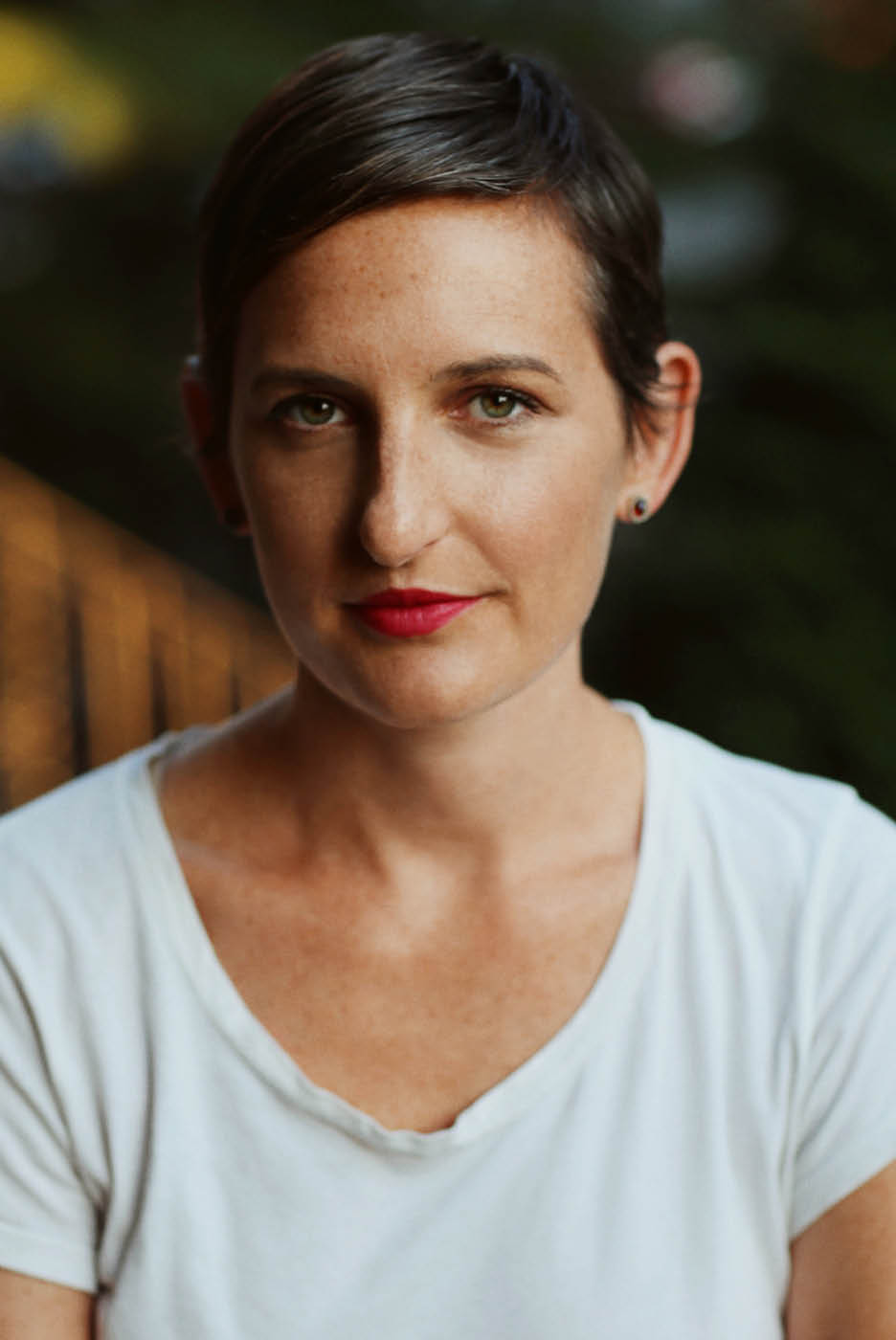



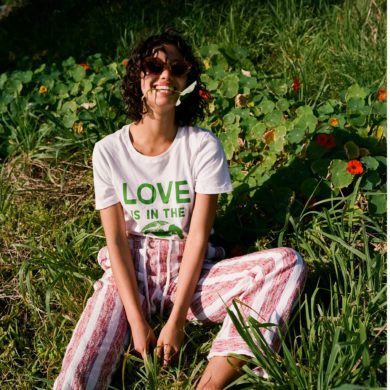
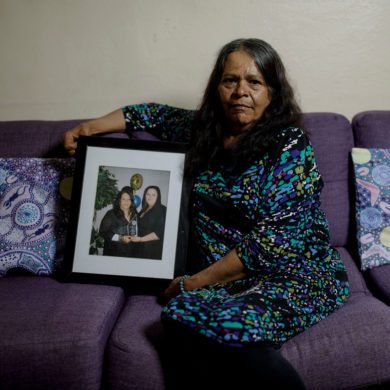
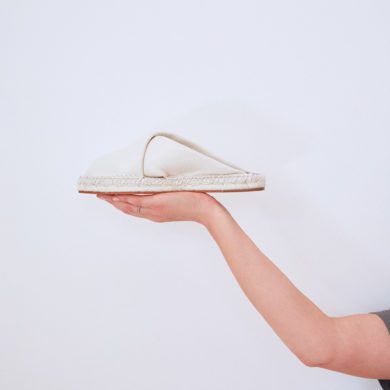

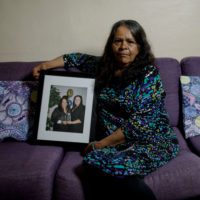
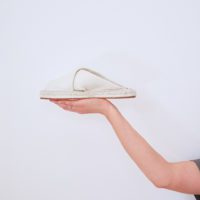
No Comments